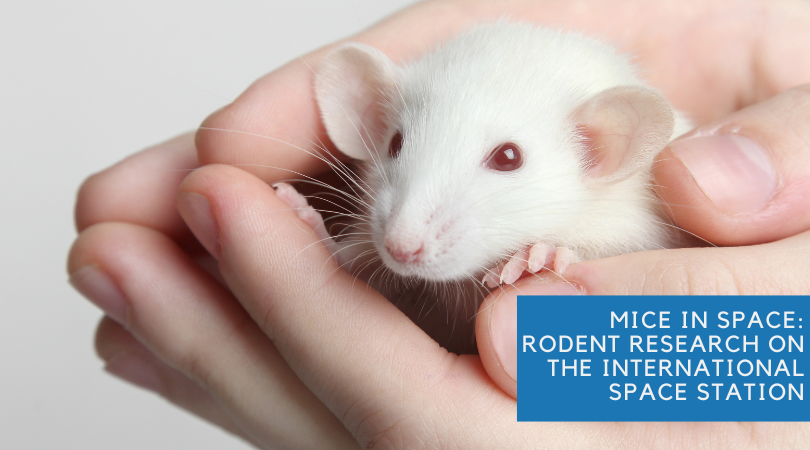Animal Research Leads to New Discoveries Related to Liver Function
Posted on
Animal research has long been a cornerstone of scientific exploration, providing invaluable insights into the intricate workings of various biological systems, including the complex roles the liver plays in metabolism, detoxification, and immune function. New studies have made some important discoveries related to liver function and its implications for biomedical science and clinical practice.
Fighting Liver Disease with Vitamin K
Approximately one-quarter of all adults worldwide have non-alcoholic fatty liver disease (NAFLD), a metabolic disease that can eventually cause liver damage. Currently, the only treatment for NAFLD is weight loss and exercise, but the only way to cure it is through a liver transplant.
A new study at Dalian Medical University in China has potentially identified a simple and effective way to treat the disease: vitamin K2.
The researchers induced NAFLD in mice using a high-fat diet, then administered vitamin K2 for eight weeks. After 12 weeks, the mice that received the K2 showed reduced body weight, abdominal circumference, and body fat percentage compared to mice that stayed on the high-fat diet and did not receive K2. The K2 also appeared to correct dysfunction in lipid metabolism in the liver, which is a hallmark of NAFLD.
The study may lead to a new treatment for NAFLD in humans.
New Insights into How Obesity Affects Liver Function
Being overweight is known to be bad for your liver, but the exact mechanism of that relationship has been unclear. Now, scientists at the University of Tokyo have uncovered a connection.
The researchers compared the liver function of normal weight mice with obese mice and found that the process that controls metabolism, allosteric regulation, was different depending on the weight of the mice.
For normal weight mice, allosteric regulation was suppressed while the mice were feeding and activated when they were fasting. In obese mice, the process was reversed, with allosteric regulation increasing during feeding and decreasing when fasting. This disruption of the normal process could lead to metabolic issues such as fatigue, lethargy, and decreased appetite.
The researchers hope the discovery will lead to a better understanding of how obesity affects the metabolic process and contributes to the development of various diseases.
Could Jet Lag Lead to Liver Cancer?
Researchers at Baylor College of Medicine have established a link between chronic circadian dysfunction, otherwise known as jet lag, and an increased risk of contracting liver cancer in mice.
Working with a humanized mouse model containing both mouse and human liver cells, the team exposed the mice to a disrupted day-and-night cycle, changing the period of light and dark to simulate chronic jet lag. The jet-lagged mice developed cancer in their human liver cells.
The researchers expect the discovery to raise awareness about the danger not only of actual jet lag but also of working night shifts.
TB Vaccine Has an Added Benefit: Fighting Liver Cancer
The Bacillus Calmette-Guérin (BCG) tuberculosis vaccine has been around for more than a century. Now, researchers at the University of California, Davis have found that a single dose of the vaccine is effective in fighting a rare form of liver cancer in mice.
The type of liver cancer targeted in the study, hepatocellular carcinoma (HCC), is the most common type of liver cancer and is extremely deadly—it’s the third leading cause of cancer-related death worldwide, with a 5-year survival rate of just 2% if the cancer has spread to distant sites.
Like the cancers in the first and second positions (pancreatic and lung, respectively) hepatocellular carcinoma is often not detected until it is in an advanced stage, when treatment options are limited.
In the new study, researchers demonstrated that a single dose of the BCG vaccine reduced inflammation, improved liver function, boosted the immune system, lowered liver lipid, and shrunk liver tumors. Both male and female mice showed the same response to the BCG treatment.
The BCG vaccine is safe and used worldwide to protect against TB. It is also known to increase immunity and has been approved by the FDA to treat bladder cancer. The new results may lead to a better therapy for liver cancer, which is difficult to treat and does not respond well to immunotherapy.